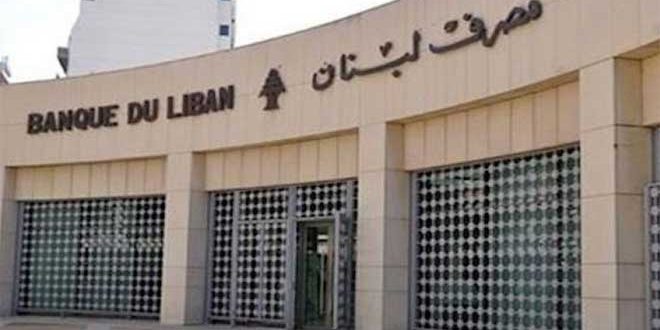The Lebanese government denies the bankruptcy of the state and continues its negotiations with the International Monetary Fund
On April 4th, Lebanese Prime Minister Najib Mikati denied what was reported by some media outlets that his deputy, Sa’adah Al–Shami, spoke about the bankruptcy of the state and the Bank of Lebanon, in parallel with the continuation of negotiations between Lebanon and the United Nations institutions to help it overcome the current economic and financial crisis.
The statement quoted from Al-Shami came during a meeting held yesterday by the committee in charge of economic bodies with the head of the International Monetary Fund mission, Ernesto Rigo Ramirez, with the aim of discussing the financial recovery plan that is being negotiated between Lebanon and the Fund.
During the meeting, the economic authorities stressed the need to launch a recovery plan based on the adoption of realistic and scientific data and a comprehensive, fair and sustainable economic vision.
In a related context, Mikati chaired the fourth meeting of the Framework for Reform, Recovery and Reconstruction in joint coordination between the United Nations, the European Union and the World Bank, where the development of this project was presented with regard to key issues based on governance, financial and economic reforms, and social coverage.
During the meeting, Al-Shami said: “Negotiations are continuing between the Lebanese government and the International Monetary Fund on restructuring the banking sector, completing the economic recovery plan, approving the budget in Parliament, and approving the Capital Control project.”
For his part, the Governor of the Banque du Liban, Riad Salameh, clarified that what is being circulated about the bankruptcy of the Central Bank is incorrect.
Salameh said in a statement: “Despite the losses that have afflicted the financial sector, which are under treatment in the recovery plan that is currently being prepared by the government in cooperation with the International Monetary Fund, the Banque du Liban is still exercising its role entrusted to it under Article 70 of the Monetary and Credit Law, and it will continue to do so.”
It is noteworthy that many economic experts blamed Salama for the financial crisis and the failure to manage and preserve the Lebanese national currency.
The Appeal Public Prosecutor in Mount Lebanon, Judge Ghada Aoun, issued a travel ban against Salama last January, based on a lawsuit against him on charges of “embezzlement of public money and squandering it on personal benefits, illegal enrichment and money laundering.”
In turn, the Banque du Liban announced in a statement that the trading volume on the exchange platform amounted to 76 million three hundred thousand US dollars for today, at a rate of 22,200 Lebanese pounds per dollar, according to the exchange rates of operations carried out by banks and exchange institutions on the platform.
While the Head of the Loyalty to the Resistance Bloc in the Lebanese Parliament, MP Muhammad Raad, stressed that it was the American hegemony that bankrupted the Lebanese and plunged them into the current economic and financial crisis.
During a political meeting in southern Lebanon, Raad pointed out that the American hegemony, after its failure to besiege the resistance and its people, besieged the institutions of the Lebanese state, which collapsed and became a burden on the people.
He said: “We are concerned with rebuilding these institutions, but not according to the way the Americans want and who deals with them, but according to what achieves the interest of our country and our people with all its segments, not just the interest of our resistance environment.”
Raad called on the Lebanese to dialogue and understanding in order to build the country away from the advice of the Americans.
Raad said: “Voices that call for the exclusion of the resistance from political life respond to the American strife that wants to tamper with security and stability in Lebanon, which should be a free and independent master.”
Inas Abdulkareem

